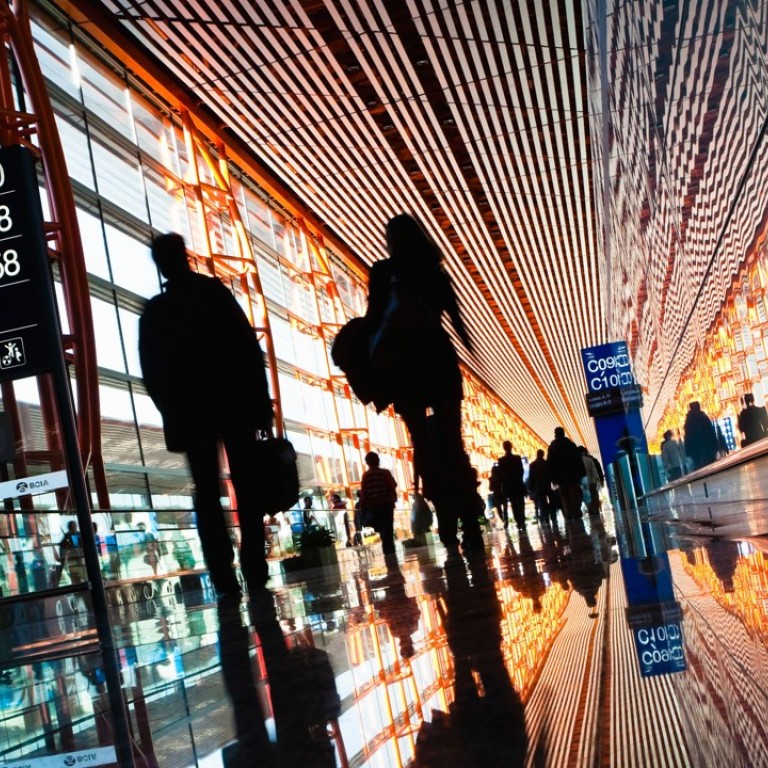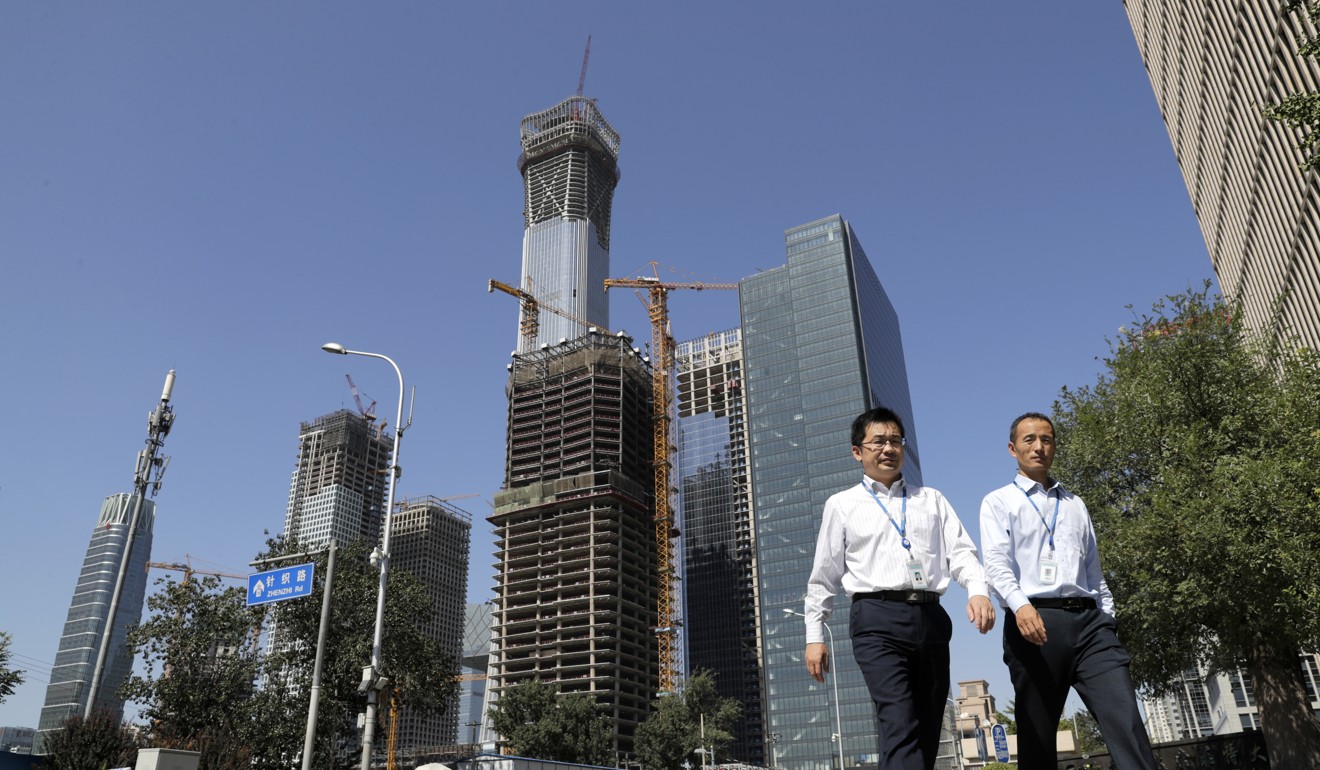
Why China should worry if it keeps its 45 per cent tax rate on top earners
High rates, if unchanged, are impetus for talent exodus, argue eight academics in a submission to the public consultation by Beijing ahead of the individual tax code review
China needs to slash its highest tax levy on the nation’s top income earners in its upcoming individual tax code review, or risk seeing an unprecedented talent exodus, argued eight academics at a time when Beijing is likely to make its most dramatic amendment in decades.
They called for authorities to scrap the top two tax brackets of 35 per cent and 45 per cent in the current seven brackets progressive tax system on individuals, granting high income earners more leeway with a five tax brackets system that will be capped at 30 per cent.
The nation’s top legislative body is reviewing a spate of changes on its individual income tax law, including a rise in monthly exemptions by 43 per cent to 5,000 yuan (US$738), introduction of more deductibles, broadening access to lower tax brackets and a shift toward an annual levy. Once passed, the amendment, the seventh since 1980, will take effect from January 1, 2019.
The academics from esteemed mainland universities called for further revision of the code, as the current draft failed to “respond to the need of the [current] times” as it refrains from trimming the highest 45 per cent tax on high income earners, a group that is often highly skilled professionals China wants to attract and retain in the global fight for talent.
“Mainland China’s individual income tax has no advantage even when compared with the United States, a nation that heavily relies on personal taxes,” said the academics in a petition published on Chinese mainland media thepaper.cn over the weekend.
Mainland China’s individual income tax has no advantage even when compared with the United States, a nation that heavily relies on personal taxes
The highest 45 per cent rate, if untouched in the revision of code, was higher than the 37 per cent rate in the United States, they said. In Hong Kong, the top band is set at 17 per cent.
The authors of the piece include professors Du Li and Wei Sen from the School of Economics at Fudan University, professor Shi Zhengwen from Civil, Commercial and Economic Law School at China University of Political Science and Law, professor Li Weiguang from Tianjin University of Finance and Economics, professor Zhong Ruiqing from Guanghua Law School at Zhejiang University, Wang Changyong, executive dean at Changping institute of economics, and researchers Fu Weigang and Nie Riming from Shanghai Institute of Finance and Law.
China now levies tax on salary progressively in seven brackets, ranging from 3 per cent up to 45 per cent. The state also collects tax on income including property transactions, dividends and royalties under a flat 20 per cent rate.

For the “highly intelligent groups”, remunerations and royalties were likely to surpass the monthly salary, meaning that the combination can add up to a higher taxable income base and “seriously restrain them from” pursuing innovation, the academics argued.
“In a global environment [when tax cuts become mainstream], if China maintains its high individual income tax rates … it will push the high-income, high-intelligent group overseas,” they said.
An EY tax partner Freeman Bu said it was unlikely the change would be as drastic as cutting the top rate from 45 per cent to 30 per cent. “My guess is that it will remain at 45 per cent or cut to 40 per cent in best scenario,” said Bu.
While the academics’ views could reflect concerns of China’s competitiveness from a tax perspective, there could be other reasons that affect the talent’s decisions, he added.
The opinion piece reflected the consensus from the eight members who have held a seminar on the amendments, said one member who declined to be named. They have also represented their views through the website of the top lawmakers, which are seeking public views for one month until July 28.
The last time China’s top legislator solicited public opinions on its individual tax code amendment was in 2011, when it received a record number of more than 200,000 submissions on its website, according to an earlier Xinhua report.

